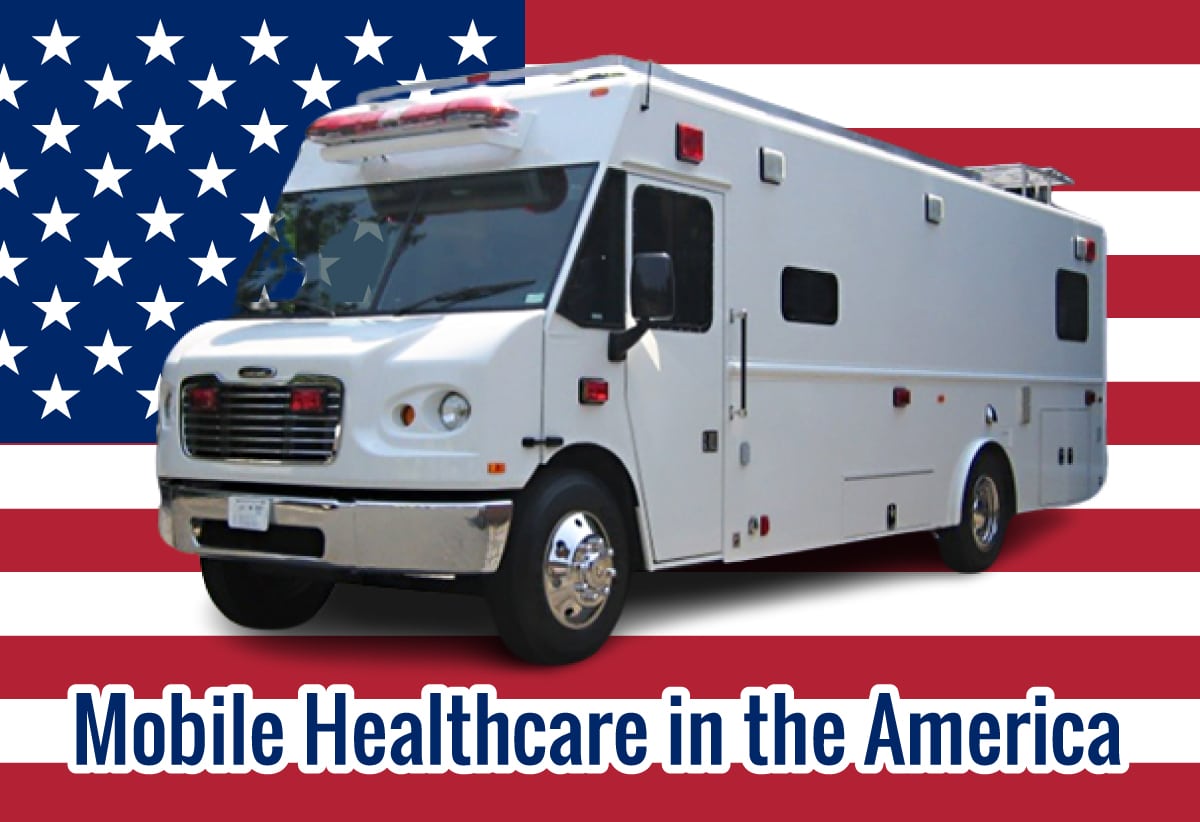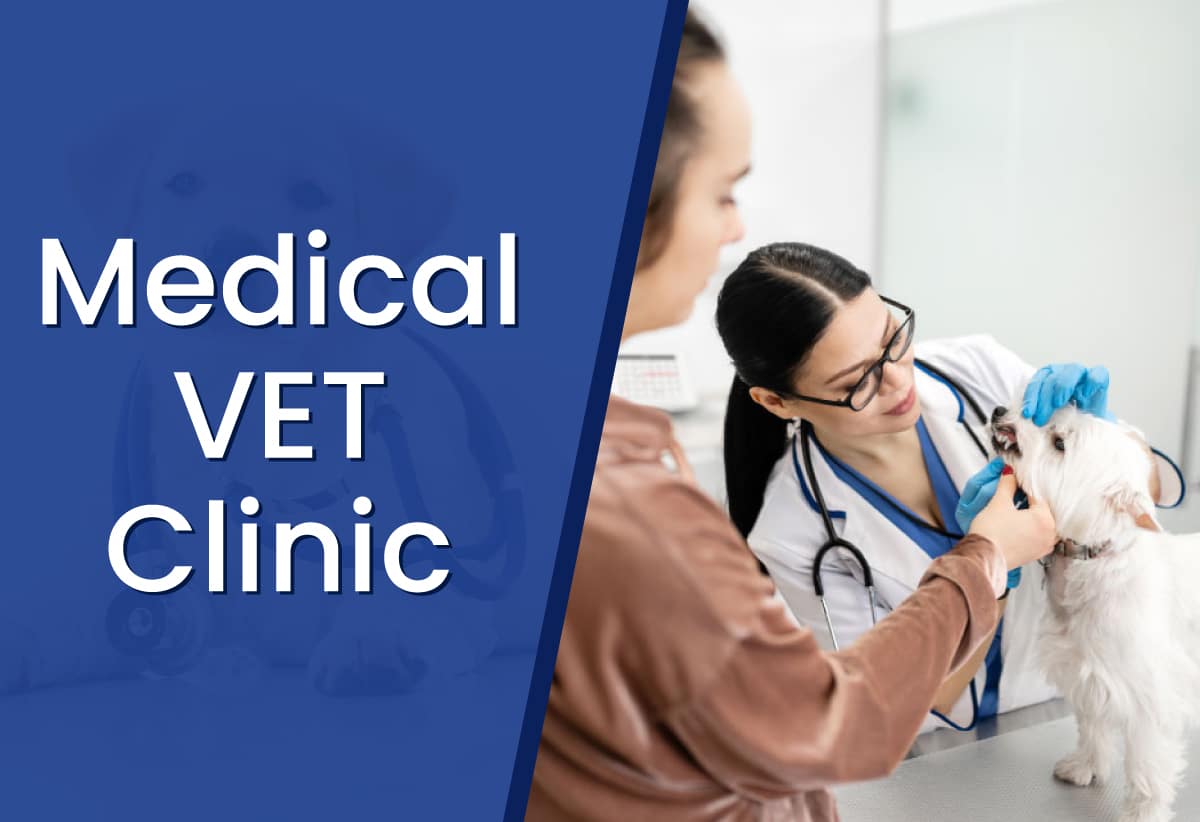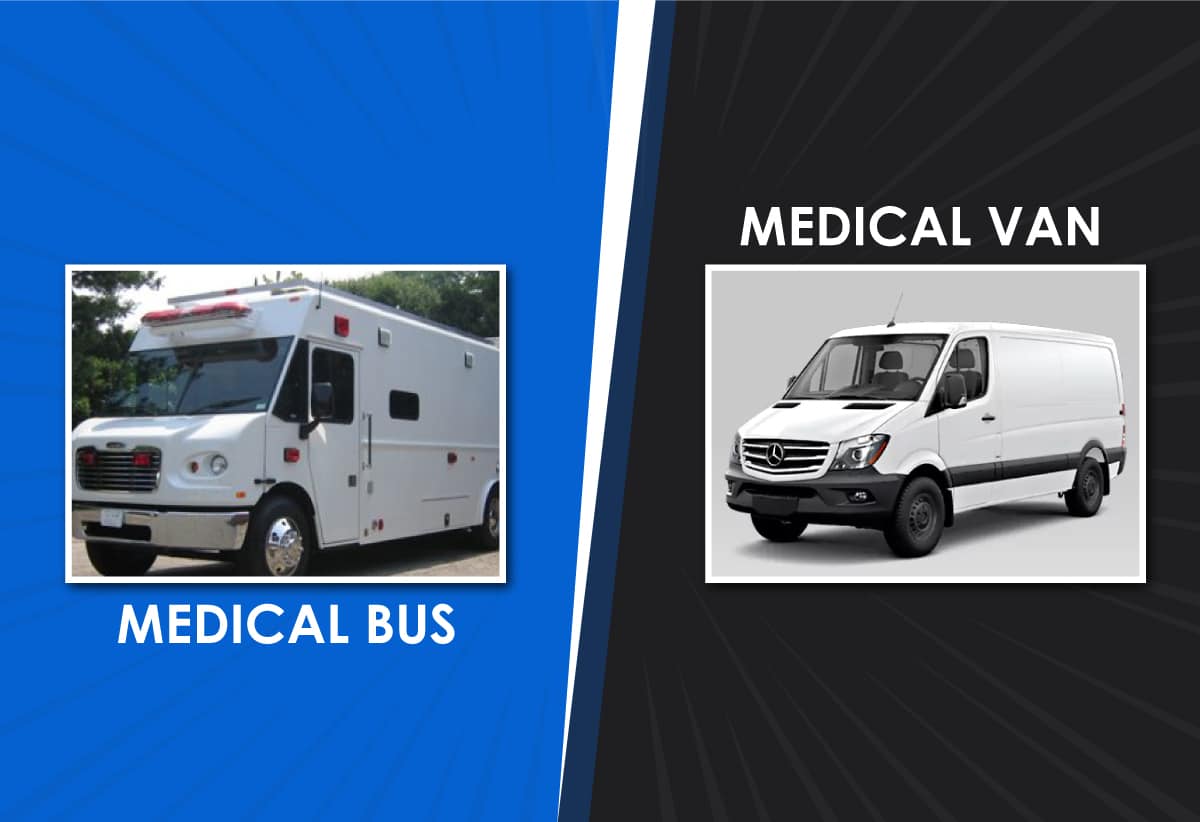The Future of American Mobile Healthcare: Challenges and Opportunities

American Mobile healthcare is transforming the way medical services are delivered. By leveraging it, healthcare providers can reach patients beyond traditional clinic settings. However, from reaching remote areas to leveraging cutting-edge technology, mobile healthcare face unique challenges but also presents incredible opportunities for improving health outcomes across the nation.
In this blog, let’s explore the challenges and exciting opportunities awaiting us in this rapidly evolving landscape.
The Need for Mobile Healthcare
First things first, why do we need mobile healthcare?
Well, picture this: You live in a rural town miles away from the nearest hospital or clinic. Getting there for a routine check-up or urgent care can be a logistical nightmare. Now imagine a mobile healthcare unit rolling into your neighborhood, equipped with doctors, nurses, and diagnostic tools right at your doorstep. It is a blessing in disguise for the people who are unable to access good healthcare.
According to the Health Resources and Services Administration (HRSA), 60 million Americans live in rural areas with limited access to healthcare services. Mobile healthcare units can bridge this gap, providing essential medical care, mobile health screenings, vaccinations, and even preventive education to underserved communities.
Challenges on Wheels
Of course, it’s not all smooth sailing (or smooth driving, in this case). Mobile healthcare faces its own set of challenges. Some of them are described below.
-
Funding and Sustainability:
Operating mobile healthcare units requires substantial initial investments and ongoing operational costs. Securing funding sources and ensuring long-term sustainability is a key challenge for mobile healthcare providers.
-
Logistical Hurdles:
Navigating through diverse geographical terrains, addressing vehicle maintenance issues, and coordinating schedules for healthcare professionals are logistical challenges faced by mobile healthcare units.
-
Regulatory Compliance:
Adhering to regulatory standards and licensing requirements across different states or regions adds complexity to mobile healthcare operations. Ensuring compliance while maintaining flexibility is crucial.
Then there’s the issue of coordination. Mobile healthcare teams need to work seamlessly with local healthcare providers, hospitals, and emergency services to ensure continuity of care. Communication technologies play a crucial role here, enabling real-time data sharing and collaboration.
Opportunities at Every Stop
Now, let’s talk about opportunities. Mobile healthcare clinic isn’t just about bringing medical services to hard-to-reach areas; it’s also about innovation and efficiency. Take telemedicine, for example.
-
Enhanced Access:
Mobile healthcare units have the potential to reach underserved populations in rural areas, urban neighborhoods with limited healthcare facilities, and even disaster-stricken areas, improving access to essential medical services. It has become easier for communities to access cancer screening services through mobile medical clinics.
-
Telemedicine Integration:
Integrating telemedicine capabilities into mobile units enables remote consultations, specialist referrals, and continuous monitoring, enhancing the scope and quality of care delivered.
-
Community Engagement:
Mobile healthcare fosters stronger connections with communities through health education programs, preventive screenings, and tailored healthcare services, promoting proactive health management and wellness initiatives.
-
Technology Advancements:
Leveraging advancements in medical technology such as portable diagnostic devices, electronic health records (EHR) systems, and AI-driven analytics enhances diagnostic accuracy, efficiency, and patient outcomes within mobile healthcare settings.
Mobile clinics can also be tailored to specific community needs. From dental services and mental health counseling to chronic disease management and wellness programs, these units can offer a range of healthcare services designed to address local health priorities.
Tech Drives the Future
Technology is the engine driving the future of mobile healthcare. Mobile medical and dental clinics are now equipped with state-of-the-art medical devices, electronic health record systems, and connectivity solutions for seamless communication. Imagine a mobile clinic with AI-powered diagnostic tools or remote monitoring capabilities for chronic conditions. The possibilities are endless.
But it’s not just about fancy gadgets. Mobile healthcare also leverages data analytics to identify health trends, allocate resources efficiently, and tailor interventions for better outcomes. It’s about using technology smartly to deliver high-quality, patient-centered care on the go.
Community Engagement and Empowerment
One of the key strengths of mobile healthcare is its ability to engage communities proactively. These units aren’t just about treating illnesses; they’re about promoting wellness and prevention. Health education workshops, screenings for common conditions like diabetes or hypertension, and vaccination drives are just some of the ways mobile healthcare fosters healthier communities.
Empowering individuals to take charge of their health is another crucial aspect. Mobile units can provide tools for self-monitoring, healthy lifestyle counseling, and resources for managing chronic conditions effectively. It’s about empowering people to make informed choices and lead healthier lives.
Navigating the Road Ahead
So, what does the future hold for mobile healthcare in America? It’s a journey filled with promise and potential. As technology continues to advance, mobile units will become more sophisticated, efficient, and integrated into the broader healthcare ecosystem. Mobile medical clinics are equipped with all kinds of care like urgent care, primary care, and preventive health support.
Addressing regulatory and logistical challenges will be key. Advocacy for funding support, streamlined licensing processes for mobile units, and robust telecommunication infrastructure are vital pieces of the puzzle.
Community partnerships and collaboration will also drive success. Engaging local leaders, healthcare providers, and community organizations ensures that mobile healthcare services are tailored to meet actual needs and are sustainable in the long run.
Conclusion
By providing innovative, flexible, and cost-effective solutions, the company is helping to reshape the delivery of healthcare services, making quality care more accessible and efficient. As the demand for mobile healthcare continues to grow, the expertise and commitment of manufacturers like American Mobile Healthcare will be essential in driving this transformative change.
Explore how American Mobile Healthcare is leading the way in manufacturing state-of-the-art mobile health vehicles. Our innovative mobile healthcare vehicle solutions are reshaping healthcare delivery, bringing quality medical services directly to communities in need. Contact us today to discuss how we can customize a mobile healthcare solution tailored to your specific needs. Together, we can make healthcare more accessible and efficient for everyone. For more information, please feel free to call us at +1 586 917 0245 or email us at sales@kbdentalconsulting.com.





